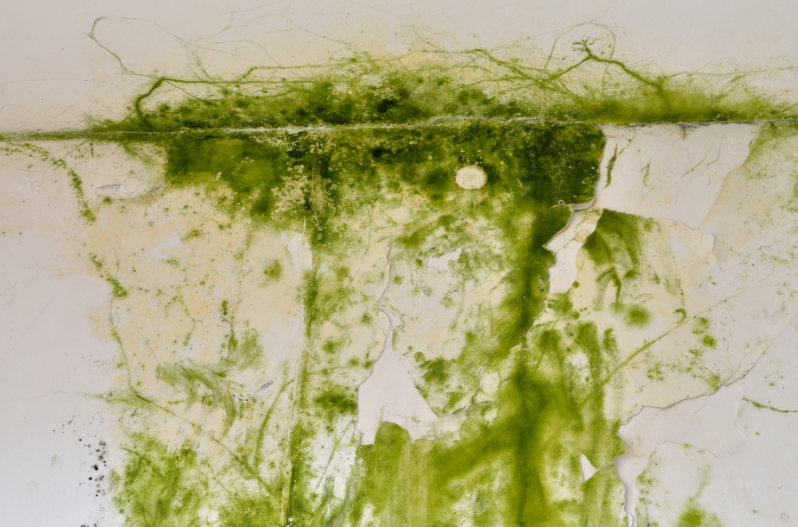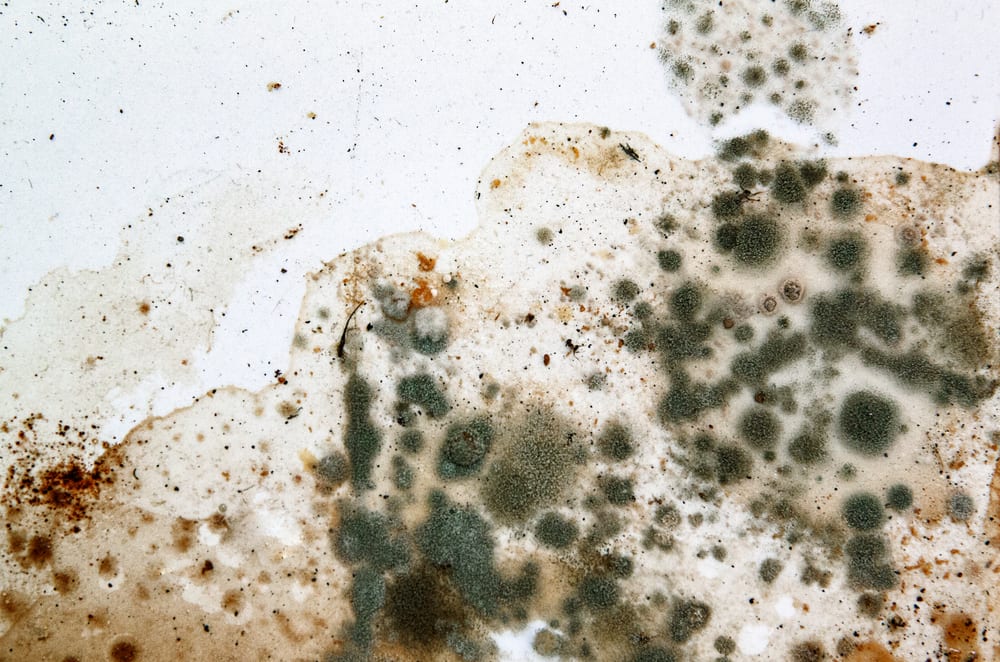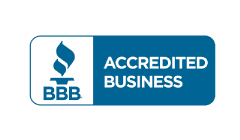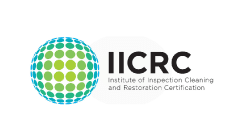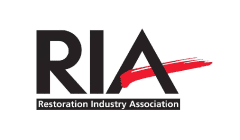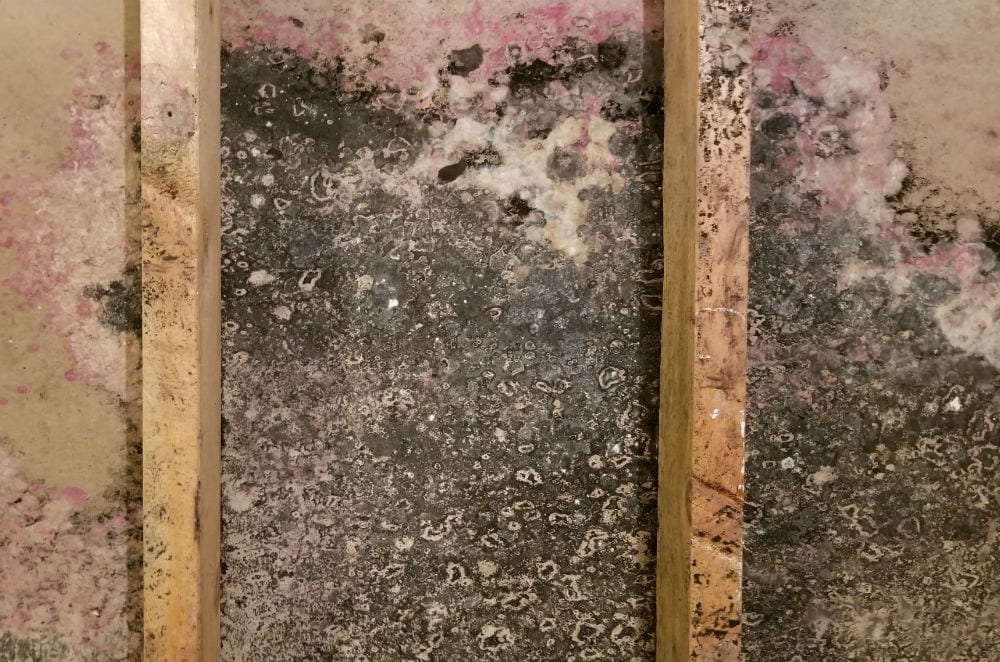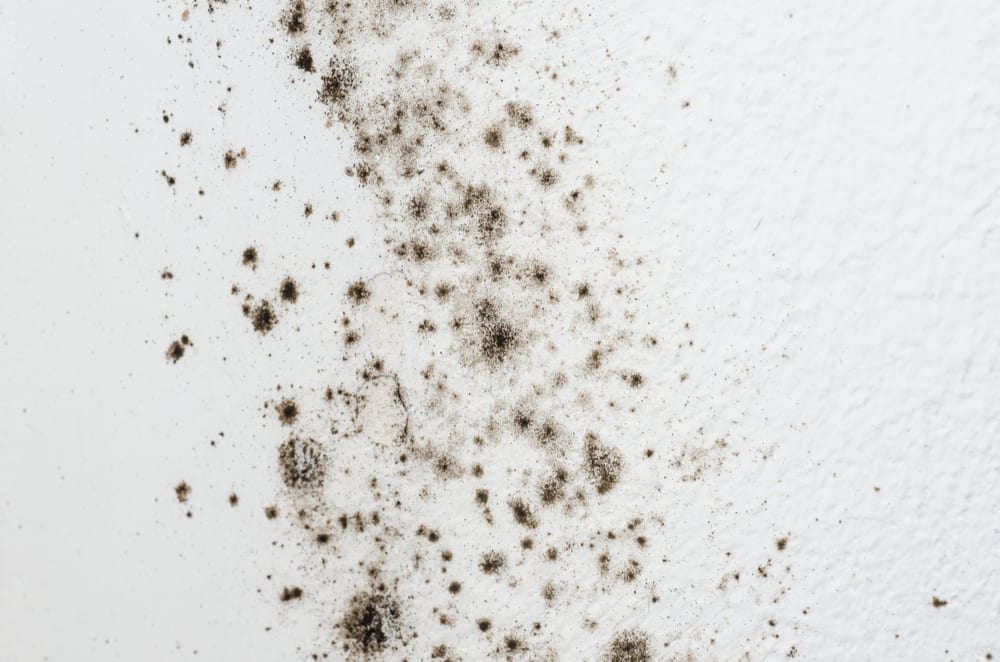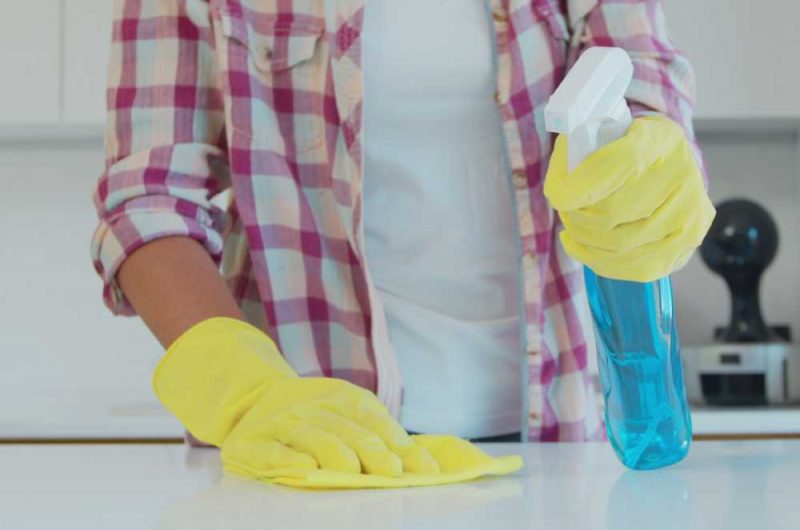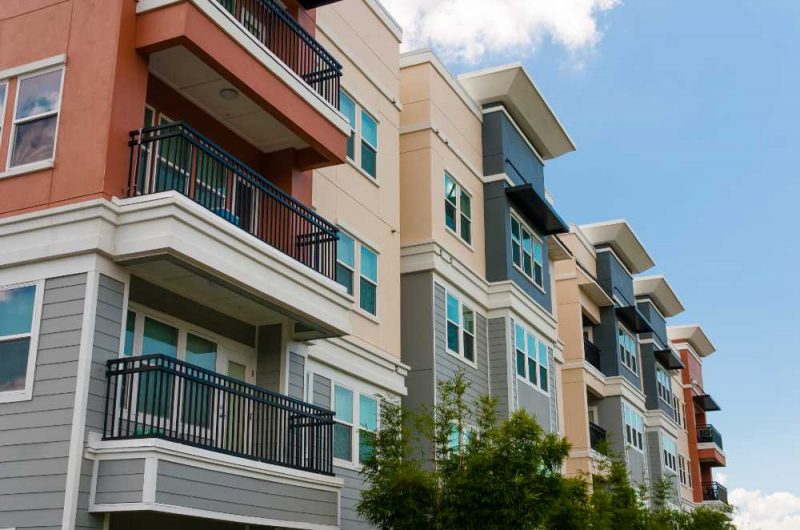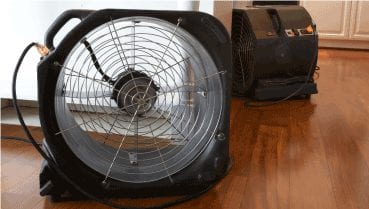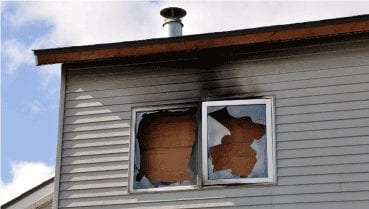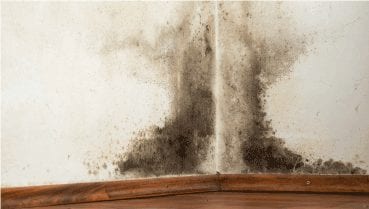For most people, the symptoms of mold exposure are similar to allergic reactions. However, young children and the elderly are prone to more severe mold symptoms.
People that already have allergies, asthma, upper respiratory issues, or compromised immune systems may have more severe symptoms after mold exposure. It can worsen the symptoms of those conditions or even cause infections.
Also, prolonged exposure to mold increases the chances of health issues. In addition to allergies, symptoms usually include trouble breathing, headaches, fatigue and frequent respiratory infections like bronchitis.
These are the most common symptoms of mold exposure:
- Stuffy or runny nose
- Sneezing
- Watery, irritated eyes
- Dry cough
- Sore throat
- Headaches
- Skin rashes
- Wheezing or trouble breathing
- Fatigue
- Asthma
- Respiratory infections
- Bronchitis
The easiest way to combat these symptoms is to remove the mold. The mold is caused by some water source, so you need to repair that problem or it will return in weeks or even days.
